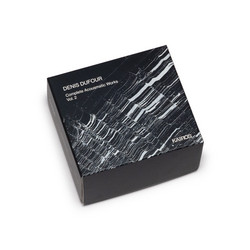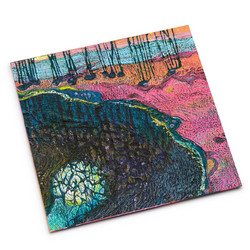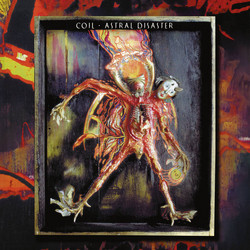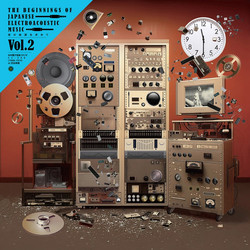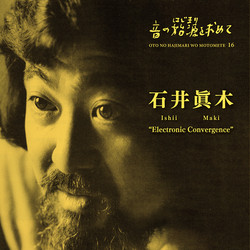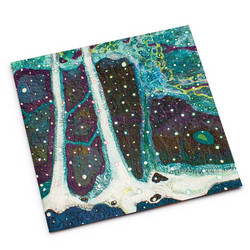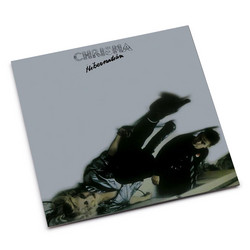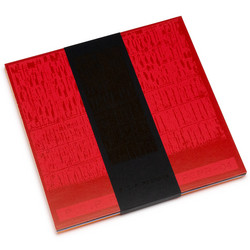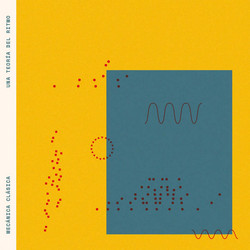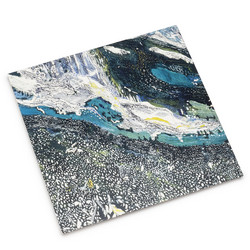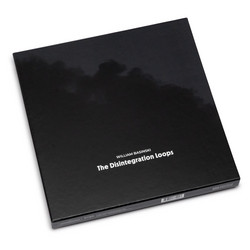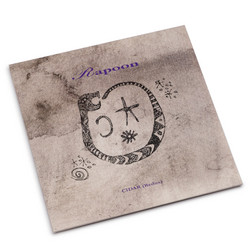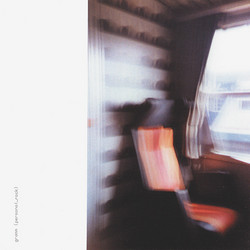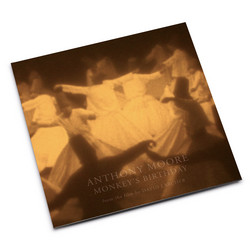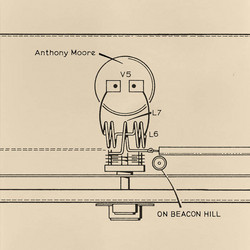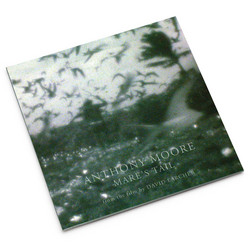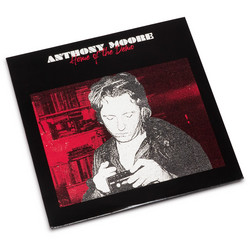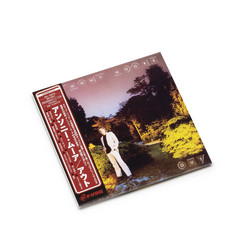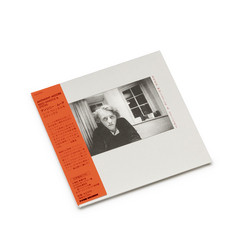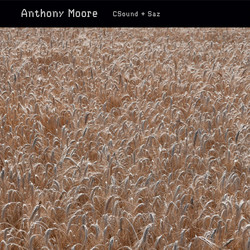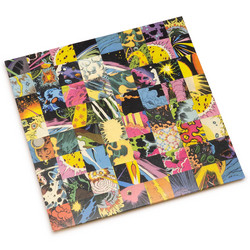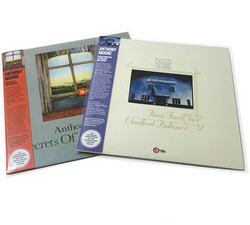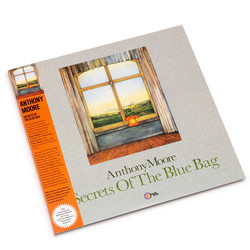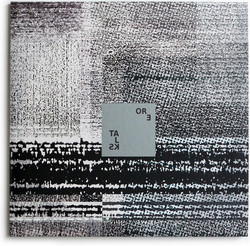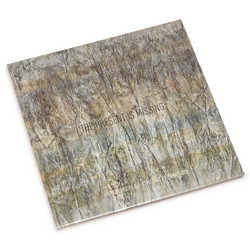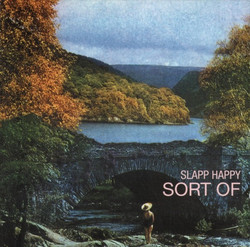Alan Licht's minimal Top Ten
Alan Licht's revelatory lists of rare and obscure minimalism releases.
See allAnthony Moore
Secrets Of The Blue Bag
An early minimal masterpiece "Secrets of the Blue Bag" was titled for a Chinese description of the sky, and was originally recorded (and released) in 1972, at a time when Anthony Moore's experiments were still known only to a select few cognoscente. Of course his work with Slapp Happy and beyond, as a solo artist, vastly increased his audience, although it will be the hardcore fans alone who will truly return to this album on a regular basis. Primarily instrumental, the music is based around the 120 combinations that can be drawn from the first five notes of the diatonic scale, and was apparently inspired by Moore's discovery of the encryption engine developed by the 13th century hermeticist Raymond Lully. Opening with a simple repetition of the scale, played on violin, the piece builds to an ensemble of strings, bassoon, and voice, and puts one most in mind of a very English Philip Glass. ~ Dave Thompson, All Music Guide
Two great missing links in the incredible history of Uwe Nettlebeck’s productions at Wumme, Germany. Slapp Happy founder Moore recorded Pieces a month after Faust cut their debut LP (fall 1971) and Secrets a month before their second (with SH’s debut "Sort Of" following in May ‘72 and Tony Conrad/Faust in October). Indeed, Faust’s Werner “Zappa” Diermaier and Gunther Wusthoff both contribute to Pieces, which is not a krautrock or artrock LP but a bona fide minimal classic. Side one is “Jam Jern Jim Jom Jum” which as three singers chanting that mantra while Moore plays these odd, luminous repeating chords underneath. The first piece on side 2, “mu na h-vile ni a shaoileas iad,” sounds uncannily like Richard Young’s ADVENT with its quiet piano and piercing bowed sounds, while “A.B.C.D. Gol’fish” could almost pass for the trance rock classic that Moondog never got around to recording. The follow-up, SECRETS, is three pieces for strings and voice all based on the same 5 note melody. It’s more “classical” than its predecessor, kind of what I expected ACADEMY IN PERIL to sound like. How and why Polydor was convinced to release these is beyond me (anyone know the story?) The Japanese CD reissues are expensive but the original albums are unfindable. PIECES is the superior LP, but both are essential if you have any interest in the genre, period, or principals involved. Incidentally, Moore’s later solo pop LP, FLYING DOESN’T HELP, is a must for fans of WARM JETS Eno/FEAR Cale”. Alan Licht

